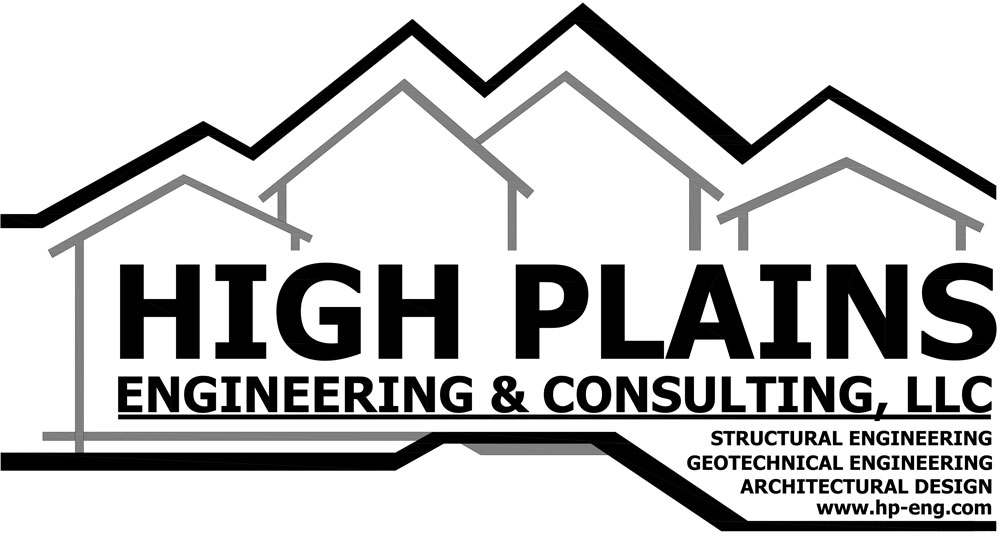Effects of Hot & Cold Weather When Curing in Concrete
Effects of Hot & Cold Weather When Curing in Concrete
Curing is a critical process in concrete construction that involves maintaining adequate moisture and temperature conditions for the concrete to develop its desired strength and durability. However, extreme weather conditions, such as hot and cold temperatures, can significantly impact the curing process and potentially compromise the strength and quality of the concrete. In this blog post, we will explore the effects of hot and cold weather when curing in concrete and discuss measures that can be taken to mitigate these effects.
Effects of Hot Weather:
1. Increased Water Evaporation:
One of the primary challenges during hot weather curing is the increased rate of water evaporation from the concrete surface. High temperatures cause the moisture in the concrete to evaporate rapidly, leading to a shortage of water for hydration. This can result in insufficient hydration and a decrease in the concrete’s strength and durability.
2. Plastic Shrinkage Cracks:
Hot weather can also cause plastic shrinkage cracking in concrete. When the surface of fresh concrete dries out rapidly due to high temperatures, it can shrink and crack. These cracks can compromise the integrity of the concrete and create pathways for water and other harmful substances to penetrate, leading to future damage.
3. Reduced Workability:
In hot weather conditions, the high temperatures can accelerate the setting time of the concrete, making it challenging to work with. The reduced workability affects the ability to properly place, consolidate, and finish the concrete, potentially leading to a subpar and uneven surface.
4. Thermal Cracking:
Another significant concern in hot weather curing is the risk of thermal cracking. When the concrete is subjected to rapid temperature changes, such as from direct sunlight to shade, it can undergo significant temperature differentials. These thermal differentials can induce stresses within the concrete and result in cracking, compromising its structural integrity.
Effects of Cold Weather:
1. Slower Strength Gain:
Cold weather can significantly slow down the hydration process of concrete. Low temperatures can reduce the rate of chemical reactions responsible for the development of concrete’s strength. This extended setting time can delay the achievement of the desired strength and affect the construction schedule.
2. Freeze-Thaw Damage:
One of the most critical concerns during cold weather curing is the potential for freeze-thaw damage. When water within the concrete pores freezes, it expands and puts pressure on the surrounding concrete matrix. This expansion can cause internal damage and lead to cracking and surface spalling when the ice thaws. To prevent this, precautions must be taken, such as using air-entrained concrete and ensuring proper surface drainage to minimize water accumulation.
3. Poor Workability:
Cold temperatures can also adversely affect the workability of concrete. As the temperature drops, the water in the mix can freeze, leading to a stiff and unmanageable mixture. This can affect the placement, consolidation, and finishing processes, resulting in an uneven and inferior concrete surface.
4. Delayed Setting Time:
Low temperatures can significantly delay the setting time of concrete, making the construction process more time-consuming. Contractors must be aware of the extended setting time and adjust their schedules and procedures accordingly to account for the reduced working time available.
Mitigation Measures:
1. Use of Insulation:
In both hot and cold weather conditions, the use of insulation is essential to maintain a consistent temperature during curing. Insulating materials, such as blankets or thermal covers, can help retain heat in cold weather and protect concrete from excessive heat during hot weather. Additionally, using windbreaks or shade structures can shield the curing concrete from wind and direct sunlight.
2. Moisture Retention:
To counter the increased water evaporation during hot weather curing, it is crucial to ensure that the concrete remains sufficiently moist. This can be achieved by applying curing compounds, using plastic sheets, or utilizing wet burlap to cover the concrete and prevent moisture loss.
3. Controlled Cooling/Heating:
In extremely hot or cold weather, additional measures may be necessary to control the concrete’s temperature. This can be done by incorporating cooling or heating systems, such as chilled water, liquid nitrogen, or electric blankets, to ensure that the concrete remains within the optimum temperature range for curing.
Conclusion:
Hot and cold weather conditions present unique challenges during the concrete curing process. By understanding the effects of extreme temperatures and implementing appropriate mitigation measures, construction professionals can ensure that their concrete structures achieve the desired strength, durability, and quality, regardless of the prevailing weather conditions. Adequate planning, proper curing techniques, and the use of insulation and moisture retention methods are essential to combat these effects and ensure successful concrete construction projects.
Got Questions? Let Us Help!
Since 2006, High Plains Engineering & Consulting, LLC has been a civil and structural engineering company in Fort Lupton and the surrounding areas. We provide sensible solutions to geotechnical, structural, environmental, and civil engineering challenges. Our office provides practical expertise backed by diverse design resources to get the job done cost-effectively and efficiently with sustainability in mind. We offer various services for commercial, residential, and agricultural properties like soil testing, percolation testing, and foundation and septic design for new construction. Once that is taken care of we also offer services for floor framing, garage plans, house plans, site plans, and inspection services. Call for an appointment today!
Categorised in: Concrete

 HPEC is an active member of CAGE
HPEC is an active member of CAGE